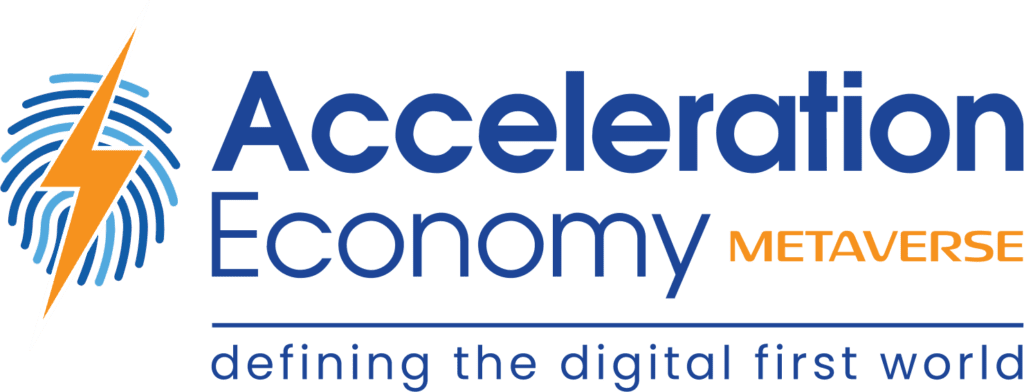Gone are the days when blockchain meant Bitcoin. Although blockchain technology is intrinsically linked with the cryptocurrency industry, more comprehensive use cases have become prominent in recent years.
Perhaps the most well-documented of these use cases is transparency. By default, public blockchains provide companies with a means of presenting data in a transparent and immutable — yet still anonymous — way, protecting customer privacy and complying with various data privacy regulations.
Companies in many sectors, such as financial services and manufacturing, have integrated blockchain ledgers into broader information technology (IT) architecture. Yet, there is still a widely held belief that blockchain only serves a limited scope centered on transparency and digital finance.
In this article, we’ll bust that myth by demonstrating blockchain technology’s many use cases and how distributed ledgers can enable companies in every sector to innovate — in and out of the Metaverse. We’ll use four core use cases to build a more comprehensive picture of blockchain and the multiple ways it provides opportunities for growth and innovation.
Supply Chain
From retail to manufacturing to government supply lines, supply chain logistics are becoming increasingly complicated with more actors and, consequently, much more data to process. Cloud systems have overtaken traditional on-prem solutions for documenting routes and inventory. However, interoperability is still an expensive concern.
When dealing with multiple parties in multiple jurisdictions, transparency is an obvious benefit of blockchain ledgers, but it isn’t the only benefit. With greater transparency and an immutable record, data can’t be contested or skewed, enabling organizations to build trust.
Communication is more accessible when the various links in a supply chain trust one another implicitly. In the physical and virtual worlds, trusted communication channels build stronger business relationships that ultimately lead to more profitable outcomes.
Identity Security
Identity security is becoming a critical business concern as companies onboard more staff in remote locations, welcome a greater volume of customers, and migrate essential services to the cloud. While existing identity security solutions are comprehensive and capable, blockchain technology provides a more scalable, better value option.
Using unique cryptographic hashes, blockchain provides a way for companies to support identity verification more securely than ever before. Beyond this, blockchain reduces the attack landscape by eliminating attack vectors, such as passwords and login credentials. Furthermore, blockchain enables self-sovereign identity management so users can better control how and where their data is used.
Internet of Things (IoT) Devices
As IoT devices play an essential part in payments and as tools for remote work, there is an increasing danger of cyberattacks. Blockchain technology can reduce this risk by safely storing payment information and facilitating faster, more secure device-to-device transactions.
A tamper-proof system, blockchain technology provides advanced security and enables trustless protocols. This means that not only can your employees use devices of their choice, but integrated IoT devices can be used in other areas of your business, consumer-facing and internal. Ultimately, a trustless system is more likely to be adopted by stakeholders.
Governance
Many believe the blockchain could lower instances of identity theft and streamline governance because the most sensitive records are stored in a single, immutable space. Governments could include tax IDs and social security numbers, while in the private sector, these documents could consist of employment contracts, customer accounts, and more.
Moreover, governing ownership using blockchain-based smart contracts enables companies in every sector to transparently display critical account information, such as shareholder information, to auditors. Smart, contract-backed NFTs have already proven to be a workable example of this use case.
Join us on October 27, 2022 for Acceleration Economy’s Data Modernization Digital Battleground, a digital event in which four leading cloud vendors answer questions on key considerations for updating data strategies and technology. Register for free here.










